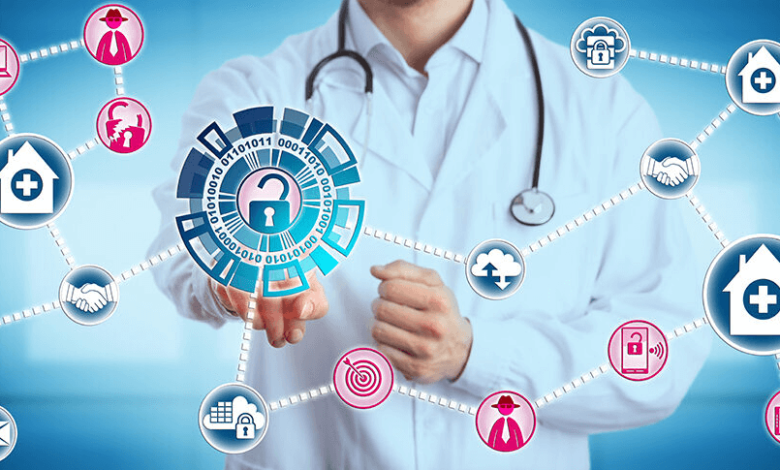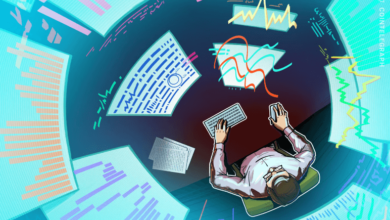Cybersecurity’s Role in Patient Safety Protection

Cybercriminals target healthcare organizations and the patient data they collect, manage or process. They use this information for various nefarious purposes, including blackmailing patients, ruining reputations and selling the data on the dark web.
Healthcare organizations must develop a strategy to protect their patients from the repercussions of a cybersecurity attack. Experts say it’s essential to plan how patient populations would be affected, such as patients on dialysis or receiving chemotherapy.
Hackers are Getting Smarter
Cybercriminals are becoming more sophisticated, using stealthy attack methods to go unnoticed by cybersecurity software and IT teams. They’re also skilled at figuring out ways to trick users into opening malicious attachments or links and freely giving up their sensitive personal data.
Some hackers are motivated by a desire to make money or gain a competitive advantage. Others are motivated by anger – a desire to get revenge on an individual or organization they feel has wronged them.
Healthcare organizations face significant risks from cybersecurity attacks, including data breaches and ransomware that threaten patient safety and privacy. They can mitigate these threats by deploying security orchestration, automation and response (SOAR) solutions that allow them to detect and respond quickly to breaches.
While traditional views of hackers typically depict lone rogue programmers who use their skills for malicious purposes, hacking is an extremely complex industry that requires highly specialized skills and the latest technology. That’s why there need to be more skilled computer security professionals to face healthcare cybersecurity challenges.
Cybercriminals are Targeting Healthcare
Healthcare is a lucrative target for cybercriminals, mainly because of the value of the personal data that hospitals and other healthcare establishments hold. It includes social security numbers, financial information and medical records. Cybercriminals covet this data, as it can be used to file bogus medical claims, open fraudulent credit cards or buy prescription medications.
This data is also valuable for identity theft, as it can be used to spoof people’s identities and steal their money. In addition, it can be sold on the black market for a profit.
A lack of online security is critical in making healthcare a prime target for hackers. Many smaller organizations within the sector work on a budget and invest minimally in online security.
Patient Data is a Goldmine
Consideration should be given to the significance of cybersecurity in ensuring patient safety. Healthcare organizations and businesses dealing with sensitive patient data – like medical transportation companies, doctors, hospitals, billing departments, pharmacies, and insurance providers – need to take steps to prevent and protect against cyberattacks.
A healthcare organization’s patient file can be a goldmine for hackers, with valuable information such as social security numbers and insurance information. And while large healthcare systems are prime targets for ransomware and data extortion attacks, smaller practices can also be targeted by criminals who assume they don’t have the same security protocols. IT support as a more extensive practice.
Patient data isn’t just used to keep track of your medical history or diagnoses; it can also be used for research projects to improve health and care.
Patients are Reliant on Technology
New technology and techniques are continually being introduced to the healthcare sector. Automation, extensive data analysis, consumer-facing digital tools and more are all gradually replacing the old ways of doing things.
Clinicians and other professionals in the healthcare field depend on technology to keep up with their caseloads, deliver patient data on time and reduce communication barriers. But technology can also present its hazards – and healthcare organizations must be selective in their technology.
Patients rely on healthcare technology to communicate with physicians about their health and treatment, receive tests on time, record medications and take advantage of alerts and alarms. But if that system is compromised, patients could be in big trouble.
Nurses work on the front lines of healthcare, interacting with patients and technologies. But human operator problems such as deficient procedures or documentation, lack of knowledge and training and failure to follow guidelines can lead to technology-related harms.
Hackers are Gaining Access to Medical Records
Healthcare records are a valuable asset for hackers. They contain patient names, social security numbers, insurance information, treatment plans and diagnoses. Hackers can use this information to file fake insurance claims or purchase prescription drugs and medical equipment on the black market.
Data breaches have become commonplace over the last several years. From a breach that affected 147 million Americans to Target’s breach that compromised 100 million credit cards, criminals always seek ways to compromise security and steal sensitive personal information.
But over the past few months, attackers have started to shift their focus to a new target: healthcare records.
Unlike credit card or identity data, hackers can sell stolen medical records on the black market for much more money than they could earn by simply swiping them. It’s been reported that a patient’s electronic medical history can go for up to $60 per piece on the dark web. It is why all healthcare facilities need to have strong cybersecurity measures. Not only will this protect patient safety, but it will also help limit potential losses resulting from a medical records breach.






